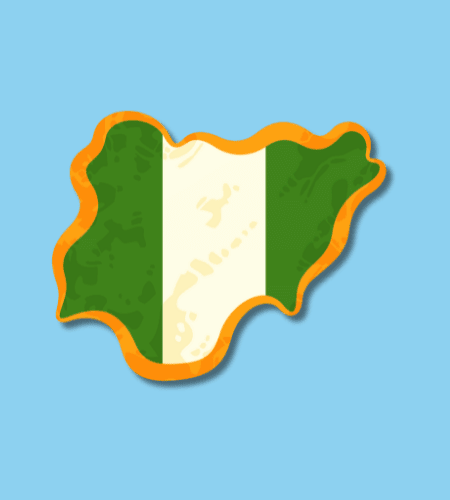Nigeria Independence Day is observed October 1 each year. It marks Nigeria’s independence from British colonial rule, which was achieved on October 1, 1960.
Table of Contents
History of Nigeria Independence Day
In the mid-20th century, the people of Nigeria pushed increasingly for self-government. Constitutional reforms during the 1940s and 1950s gradually expanded Nigerian participation in governance. Nationalist movements gained momentum under leaders such as Nnamdi Azikiwe, Obafemi Awolowo, and Ahmadu Bello, who campaigned for full independence.
On October 1, 1960, Nigeria formally gained independence from the United Kingdom. On that day, symbols of colonial governance were replaced, including the lowering of the Union Jack and raising of Nigeria’s new green-white-green flag. Independence Day has since been a major annual national holiday, celebrated across the country.
Why is Nigeria Independence Day important?
This day is deeply meaningful because it marks not only political freedom, but also the beginning of Nigeria’s journey as a sovereign nation, capable of forming its own path. It’s a reminder of struggle, sacrifice, and determination by many people over many years who wanted self-rule. The sense of identity, pride, and unity that comes with the holiday makes it a powerful force for national cohesion.
Moreover, it’s an opportunity to reflect on how far the country has come and how much remains to be done. It’s a time when citizens can both celebrate achievements and critique current challenges — governance, economy, social welfare — with a view toward progress and inclusion.
- because it honors those who fought for independence
- because it helps reinforce national identity and solidarity
- because it allows celebrations of culture and shared history
- because it offers a chance to reflect on both achievements and ongoing challenges
- because it brings together people across regions to celebrate together
How to Celebrate Nigeria Independence Day
Celebrations typically involve official ceremonies: flag raising, speeches from government leaders, cultural performances, parades and public gatherings. Many people wear clothing in the national colors (green and white), share meals, listen to patriotic music, dance, and attend events that show cultural heritage.
Beyond official acts, everyday people might celebrate by gathering with family and friends, sharing traditional foods, recounting stories of independence, or even volunteering for community events. It’s a day of joy but also of remembrance — of roots, struggles, hopes.
- dress in green and white or national colors
- attend (or watch) flag-raising and official speeches
- enjoy traditional music and dance performances
- cook or share Nigerian cuisine with friends or family
- talk about the history, teach younger generations what it meant
Nigeria Independence Day Dates Table
| Year | Date | Day |
|---|---|---|
| 2026 | October 1 | Thursday |
| 2027 | October 1 | Friday |
| 2028 | October 1 | Sunday |
| 2029 | October 1 | Monday |
| 2030 | October 1 | Tuesday |
Subscribe to our newsletter and never miss a holiday again!

